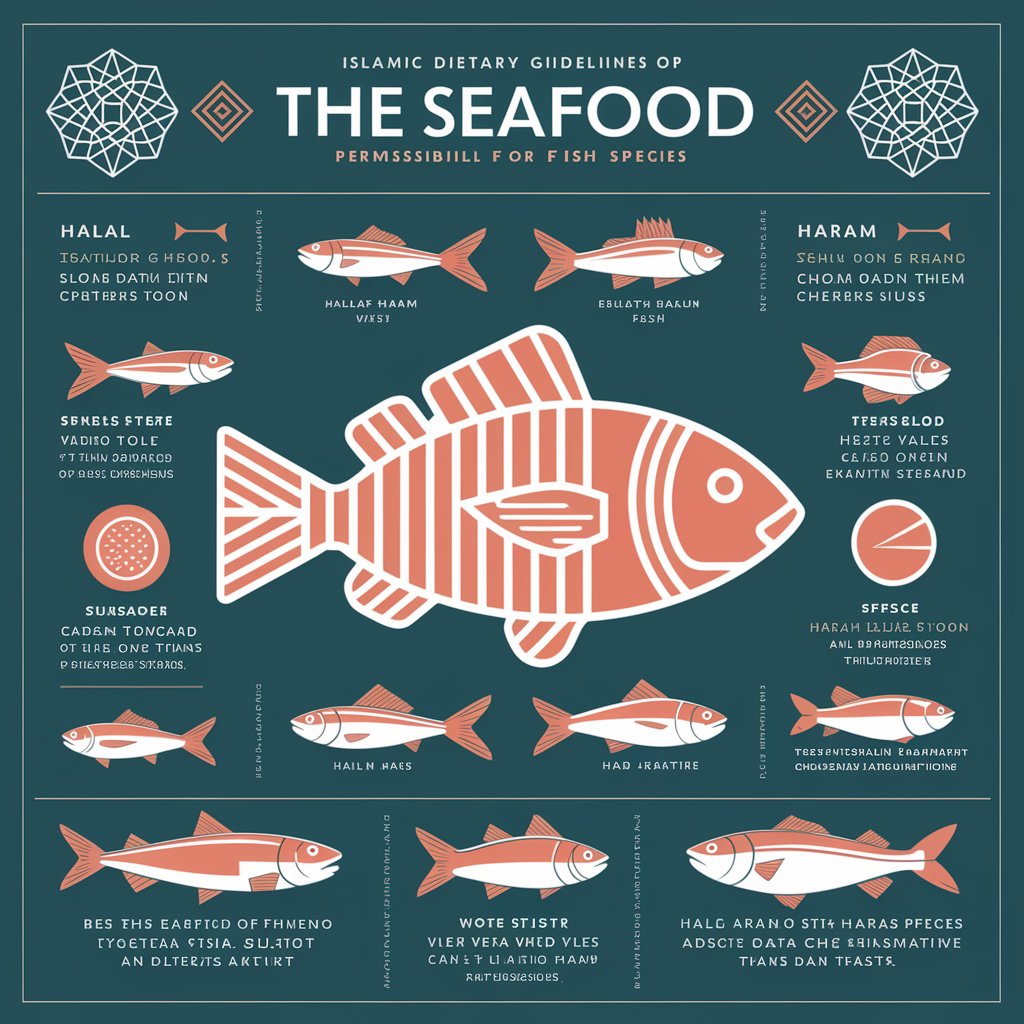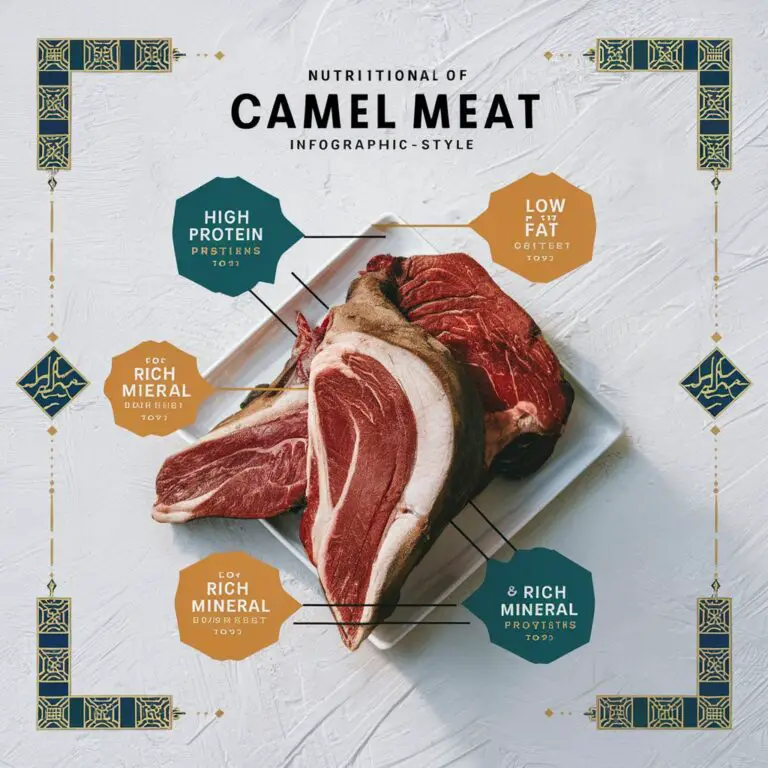Is Catfish Halal?
Understanding Halal and Haram in Islam
In Islam, the concept of halal (permissible) and haram (forbidden) is central to a Muslim’s way of life, including dietary practices. Allah (SWT) has provided clear guidelines in the Quran and through the teachings of Prophet Muhammad (peace be upon him) regarding what is permissible for consumption.
The general principle is that all foods are considered halal unless explicitly prohibited in the Islamic sources. The Quran states:
“O you who have believed, eat from the good things which We have provided for you and be grateful to Allah if it is [indeed] Him that you worship.” (Quran 2:172)
Characteristics of Halal Seafood

When it comes to seafood, the Quran and Hadith provide specific guidance:
“Lawful to you is game from the sea and its food as provision for you and the travelers…” (Quran 5:96)
According to Islamic scholars, for seafood to be considered halal, it must meet the following criteria:
- The creature must live exclusively in water.
- It must not be harmful or poisonous to humans.
- It must be caught or harvested alive.
| Halal Seafood | Haram Seafood |
|---|---|
| Fish with scales and fins | Sharks |
| Shrimp | Eels |
| Crabs | Octopus |
| Lobsters | Crocodiles |
| Oysters | Turtles |
The Case of Catfish
Catfish are a diverse group of ray-finned fish, belonging to the order Siluriformes. They are named for their prominent barbels, which resemble cat whiskers. Catfish are found in freshwater environments all over the world and are a popular food source in many cultures.
Physical Characteristics
Catfish have several distinct physical characteristics:
- Scaleless skin
- Barbels around the mouth
- Venomous spines in some species
The absence of scales has led to some debate among Islamic scholars regarding the permissibility of consuming catfish.
Scholarly Opinions
Islamic scholars have differing opinions on the permissibility of consuming catfish:
- Permissible: Some scholars argue that catfish are halal because they live exclusively in water and are not harmful to humans. They cite the general principle that all seafood is permissible unless explicitly prohibited.
- Prohibited: Other scholars contend that catfish are haram because they lack scales, referring to a Hadith narrated by Abd Allah ibn Amr:
“The Messenger of Allah (peace be upon him) said: ‘Two types of dead meat and two types of blood have been permitted to us. The two types of dead meat are seafood and locusts, and the two types of blood are the liver and spleen.'” (Sunan Ibn Majah)
These scholars argue that since catfish lack scales, they do not fall under the category of permissible seafood.
- Permissible with conditions: A third group of scholars maintains that catfish are halal, provided they are caught alive and are not harmful to humans. They argue that the presence or absence of scales is not a decisive factor in determining permissibility.
Scientific Evidence
Modern scientific research has shed light on the potential health benefits and risks associated with consuming catfish:
- Nutritional value: Catfish are an excellent source of lean protein, healthy fats, vitamins, and minerals.
- Contaminants: However, some catfish species may accumulate contaminants such as mercury, polychlorinated biphenyls (PCBs), and dioxins, which can be harmful to human health if consumed in large quantities.
- Venomous spines: Certain catfish species possess venomous spines that can cause painful injuries and, in rare cases, allergic reactions.
Conclusion
In conclusion, the permissibility of consuming catfish according to Islamic dietary laws remains a topic of debate among scholars. While some argue that catfish are halal due to their aquatic nature and lack of explicit prohibition, others contend that the absence of scales renders them haram.
Ultimately, the decision to consume catfish rests upon an individual Muslim’s interpretation of the Islamic sources and their personal convictions. Those who choose to consume catfish should ensure that the fish is caught alive, is not harmful to their health, and is prepared in a manner that adheres to Islamic guidelines.
As with all matters of faith, it is essential to seek knowledge from reliable sources, consult with knowledgeable scholars, and make an informed decision based on one’s understanding of Islamic principles. May Allah (SWT) guide us to the path of righteousness and grant us the wisdom to make choices that are pleasing to Him.
FAQ
- Are all catfish species halal?
The permissibility of consuming catfish depends on the specific species and the scholarly opinion one follows. Some scholars argue that all catfish are halal, while others maintain that only certain species that meet specific criteria are permissible. - Can I consume catfish if it is not caught alive?
According to Islamic guidelines, seafood must be caught or harvested alive to be considered halal. Consuming catfish that was not caught alive would be considered haram. - Are there any health risks associated with consuming catfish?
Some catfish species may accumulate contaminants such as mercury, PCBs, and dioxins, which can be harmful to human health if consumed in large quantities. Additionally, certain catfish species possess venomous spines that can cause painful injuries and, in rare cases, allergic reactions. - How can I ensure that the catfish I consume is halal?
To ensure that the catfish you consume is halal, it is essential to:- Verify that the catfish species is considered permissible according to the scholarly opinion you follow.
- Ensure that the catfish was caught alive.
- Check that the catfish is not harmful to your health and does not contain high levels of contaminants.
- Prepare the catfish in a manner that adheres to Islamic guidelines.
- What should I do if I am unsure about the permissibility of consuming catfish?
If you are unsure about the permissibility of consuming catfish, it is best to seek guidance from knowledgeable Islamic scholars who can provide you with a well-informed opinion based on Islamic sources and principles. In cases of doubt, it is always better to err on the side of caution and abstain from consuming the fish until you have a clear understanding of its permissibility.








